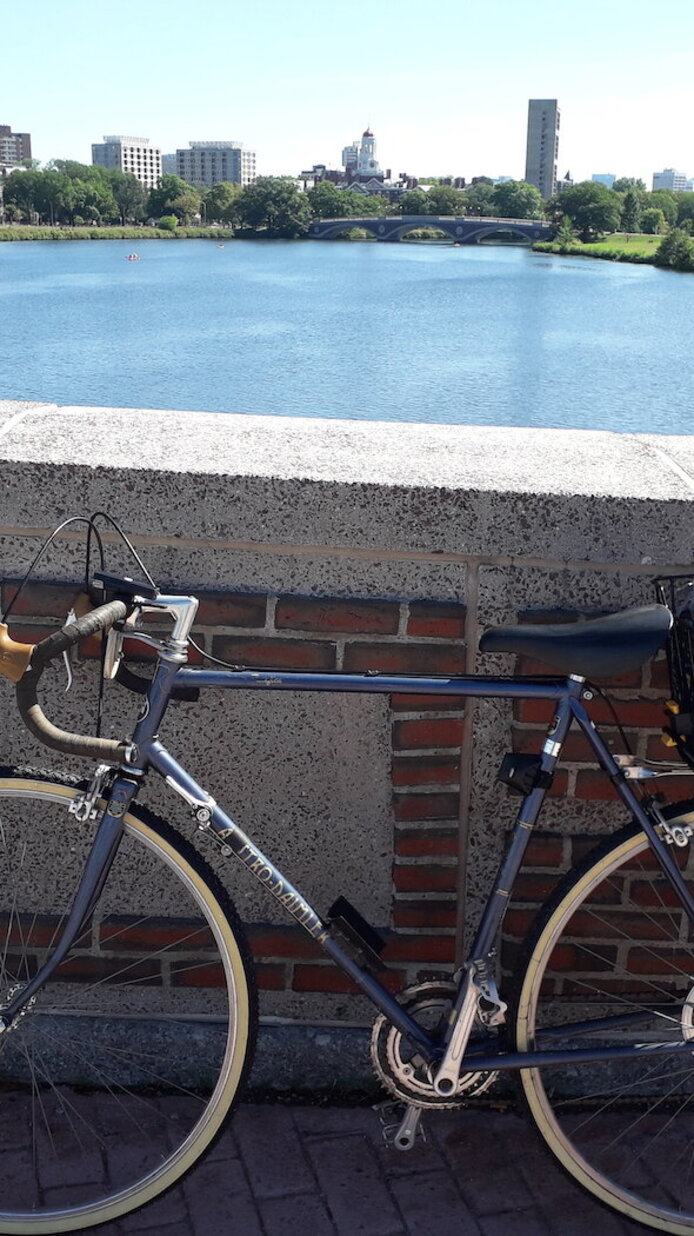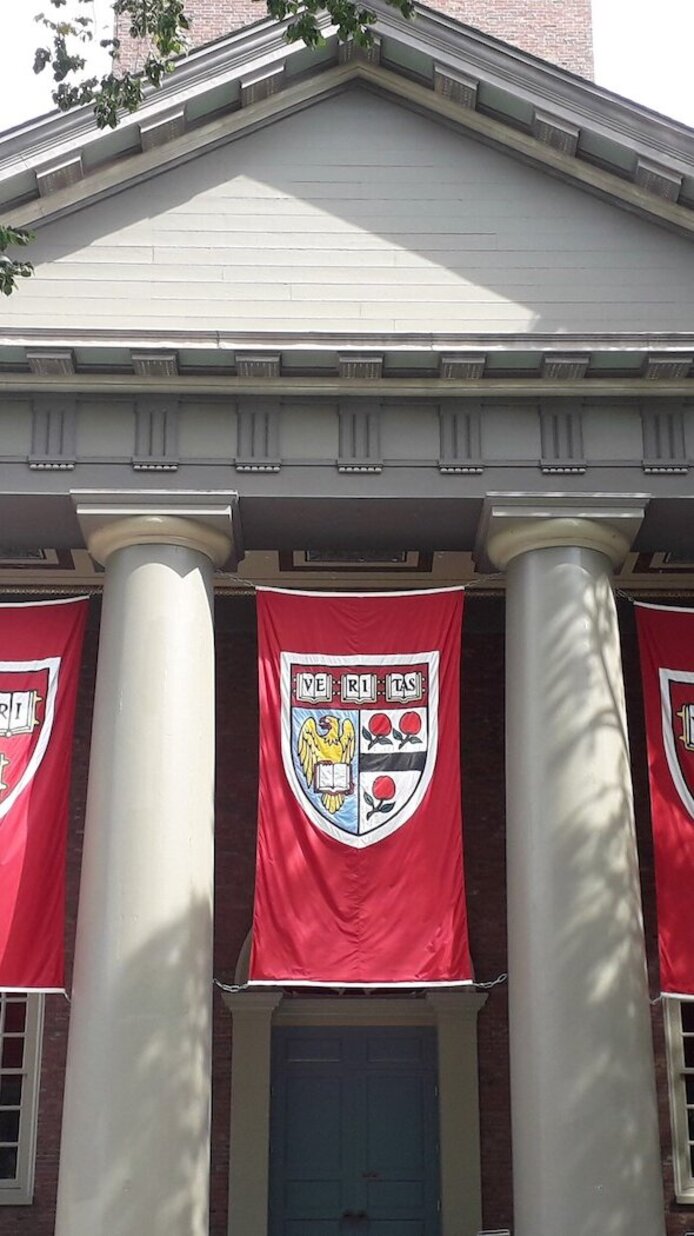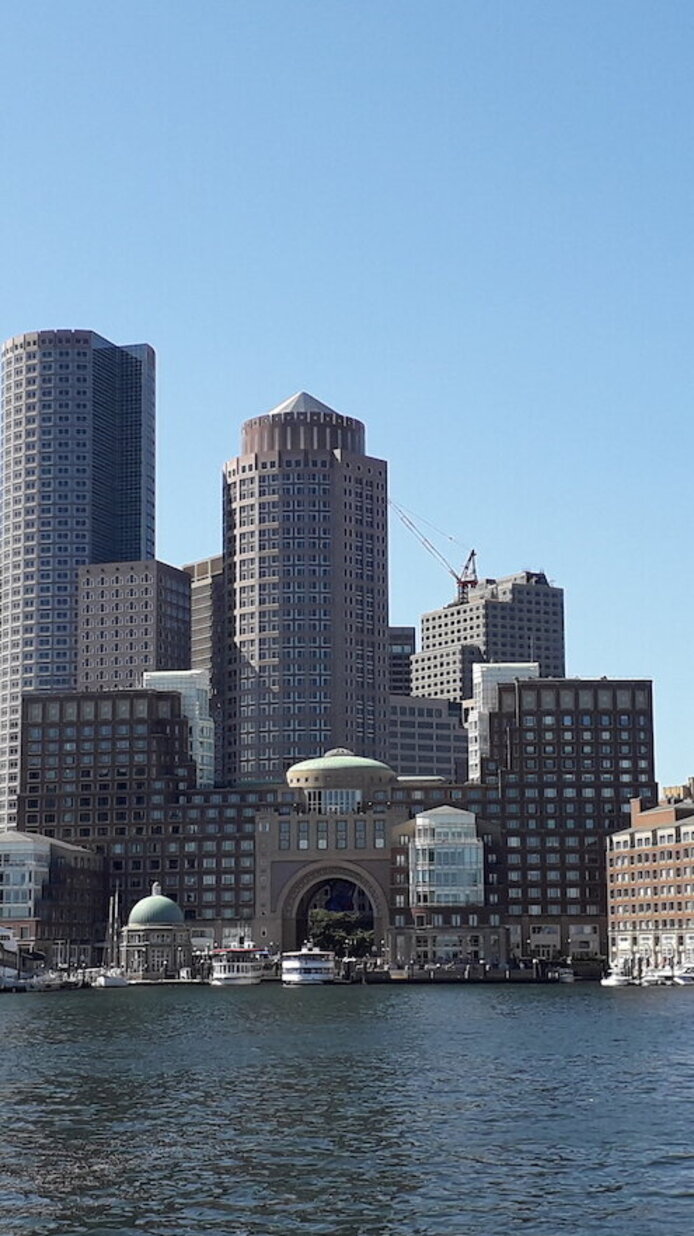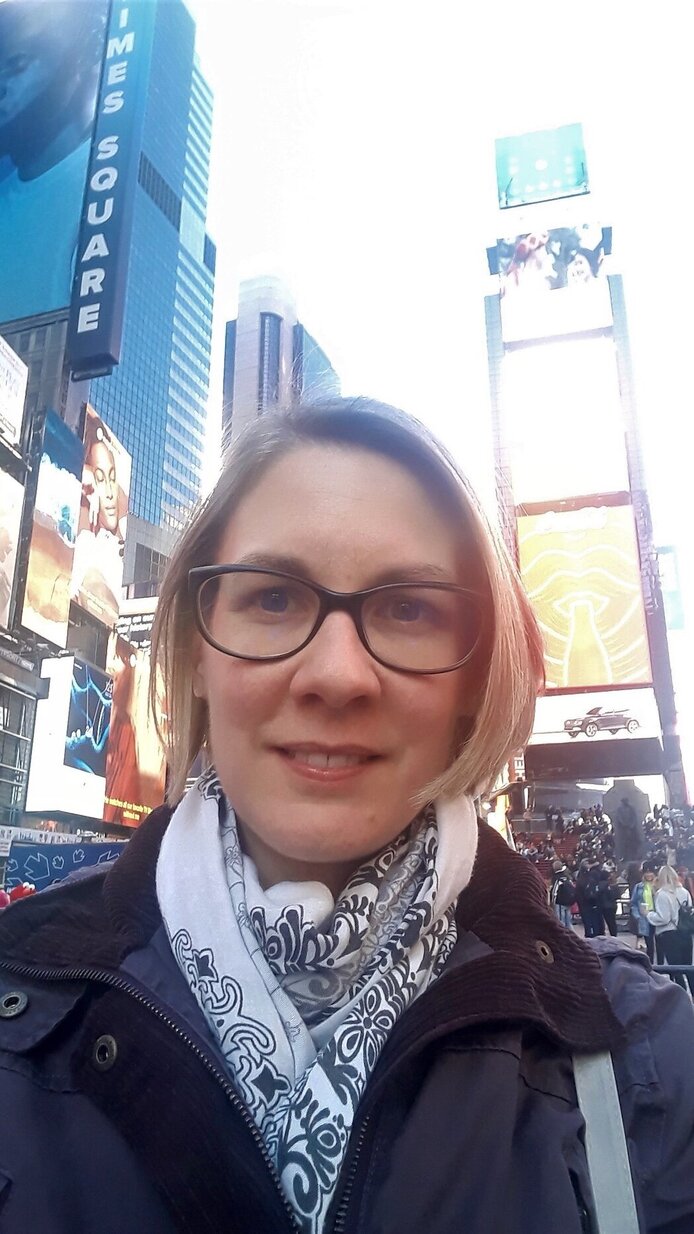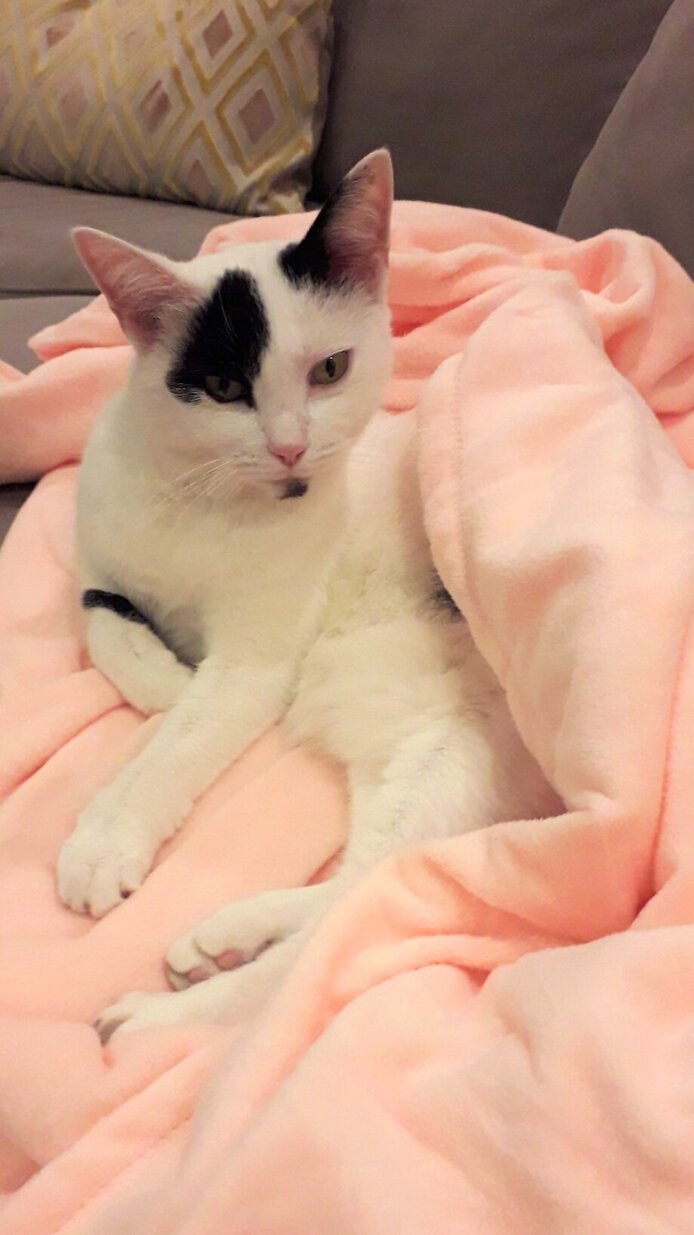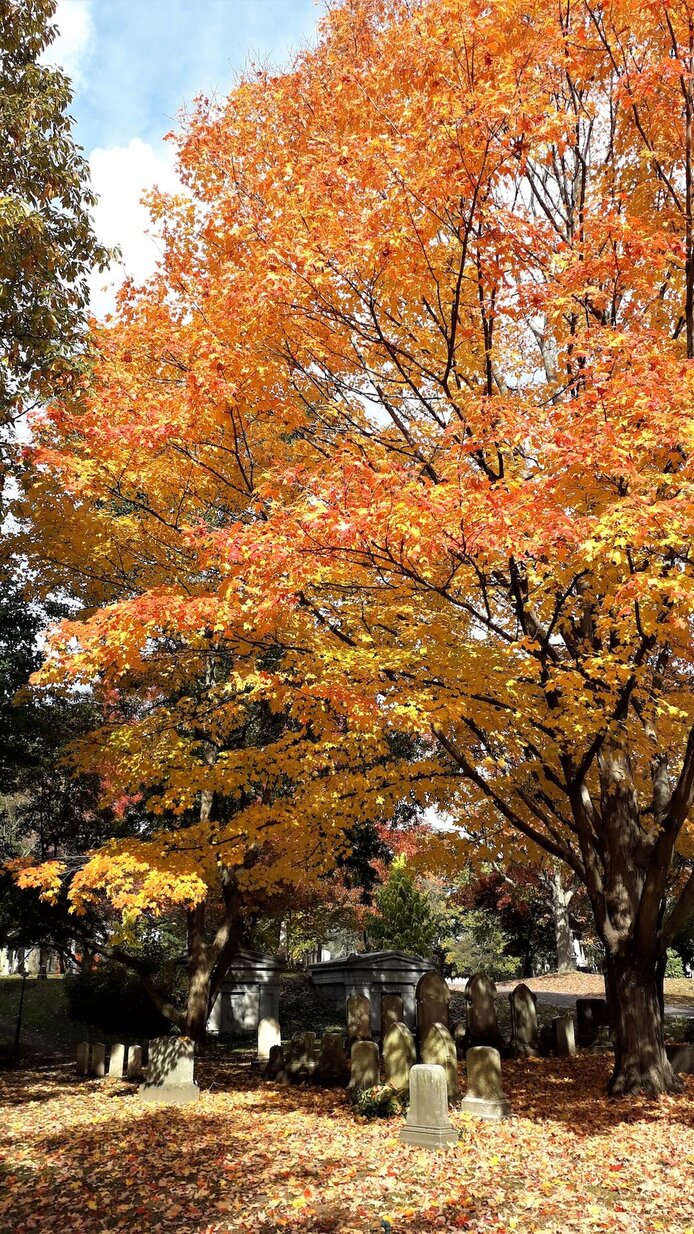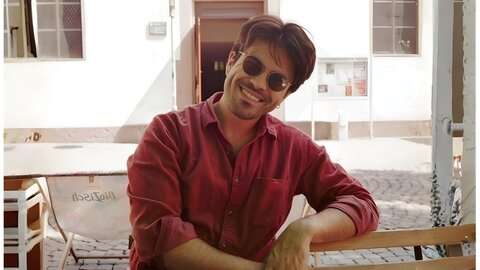The most intellectual of US rivers
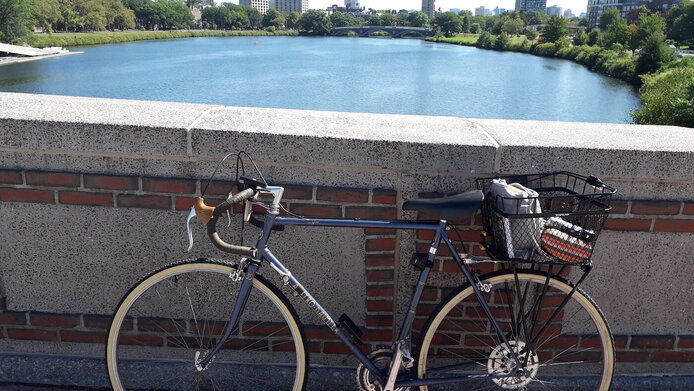
As it wends its final way to the Atlantic Ocean, the Charles River washes by quite a number of top universities: Boston University, MIT, and, of course, Harvard, the oldest US university.
Books, books, books
The freedom and opportunities enjoyed by researchers at an institution such as Harvard probably become most palpable in the sheer unlimited resources of libraries. It's as if there were no book, irrespective of subject or language, that is not available here. In addition, one has the possibility of accessing all important online resources. And if something should not be available after all, there are a number of highly competent library staffers who can help solve that problem. The reading rooms, some of them venerable, others ultra-modern, offer undisturbed study of all these resources almost round the clock. And if you need a break, you can relax at the puzzle tables provided near the workstations or test group dynamics playing board games. Even away from the university, bibliophiles find fertile hunting grounds. There are any number of bookshops and charming coffee shops. Overall, the area around Boston with the tranquil little town of Cambridge, consisting almost entirely of the Harvard campus, affords a tremendous quality of life with its European flair, comprehensive cultural offerings and magnificent green spaces – but also tremendous living costs.
Research trips along the East Coast
But I'm not here (just) for drinking coffee, reading and cycling, but primarily because the sources for my work are distributed among various archives in the Northeastern USA. This includes material at my host university Harvard, but also at Boston University, where my roommate teaches and can therefore give me a private tour, and in the archives of the Boston Symphony Orchestra – whose concerts I've also attended several times. Incidentally, the Orchestra’s archives hold not only documents on musicians and concerts; they also have a tailcoat that belonged to Leonard Bernstein. My research also took me to Yale University, Harvard’s eternally favourite rival in football, and most recently to New York City, where I had the opportunity to talk to musicians who had still known Goodman personally and played with him.
And then suddenly it happens very quickly: COVID-19
I had to break off my stay in New York on March 13 and return to Boston. Barely two weeks later, the number of COVID 19 cases in New York City alone had risen to about 20,000. The weaknesses of the “land of unlimited opportunities” quickly became apparent: the President is completely out of his depth and his press conferences leave maximum confusion in their wake. The necessary tests are by no means free of charge for everyone, and they are not available in sufficient numbers. The measures which are ultimately taken upon the initiative of individual local politicians, institutions and companies are not coordinated and are also not so easy to implement since many people have no financial backup, and because closing down schools means that thousands of children forfeit what is often their only warm meal of the day. By the way, the urge to hoard toilet paper seems to hold true as an international phenomenon.
Sticking together at the local level
What makes me feel positive here, however, is the strong sense of community at local level: people set up collective shopping groups and share essential goods, assistance and encouragement via a local Facebook group. The spirit of humanity is thus not lost even in times of social distancing. Support is also provided by the university, and the professors are always ready to lend an ear. For the time being I feel safe here, living as I do in a comfortable apartment with my roommate and her husband, whom I consider as family by now, and, of course, with our cat Cookie - an important emotional support these days. Much to my regret I had to postpone until further notice a research trip to Washington, DC, to the Library of Congress, which I had been looking forward to very much. I am using my voluntary (at least so far) self-isolation to sift the extensive material collected to date, and my thoughts go out meanwhile to my family and friends worldwide.
